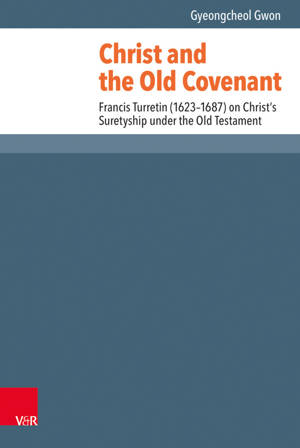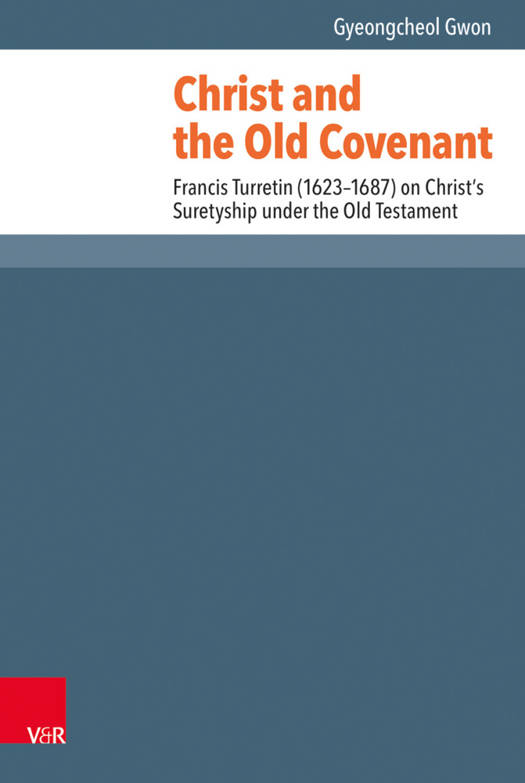
Bedankt voor het vertrouwen het afgelopen jaar! Om jou te bedanken bieden we GRATIS verzending (in België) aan op alles gedurende de hele maand januari.
- Afhalen na 1 uur in een winkel met voorraad
- In januari gratis thuislevering in België
- Ruim aanbod met 7 miljoen producten
Bedankt voor het vertrouwen het afgelopen jaar! Om jou te bedanken bieden we GRATIS verzending (in België) aan op alles gedurende de hele maand januari.
- Afhalen na 1 uur in een winkel met voorraad
- In januari gratis thuislevering in België
- Ruim aanbod met 7 miljoen producten
Zoeken
Christ and the Old Covenant
Francis Turretin (1623-1687) on Christ's Suretyship Under the Old Testament
Gyeongcheol Gwon
€ 149,45
+ 298 punten
Omschrijving
This study explores the Cocceian-Voetian debate through the eyes of Francis Turretin (1623-1687). There is a dearth of research on Turretin's take on this debate, the author will parse out how Turretin adheres to the Voetianism of the Utrecht theologian Melchior Leydekker (1642-1721) while remaining conciliatory to the Cocceians. With Leydekker, Turretin argues that Christ's suretyship in the Old Testament is identical to what it is in the New Testament. As the Father decrees that Christ is the most perfect and certain fulfiller of God's promise, the ancients benefit from Christ's sacrifice as much as do the saints in the New. The sins of the elect must be fully forgiven regardless of the progress of redemption in history, for the faithful both in the Old and the New are saved by the same grace of Christ, the expromissor. At the same time, not only does Turretin leave out some of the controversial issues between the two parties, but he also tends to neutralize Leydekker's acid criticism of the extreme form of Cocceianism. This conciliatory gesture indicates that Turretin does not consider Cocceianism his archenemy. Seen in this light, Turretin can be viewed as a moderate and peaceful Voetian.>
Specificaties
Betrokkenen
- Auteur(s):
- Uitgeverij:
Inhoud
- Aantal bladzijden:
- 168
- Taal:
- Engels
- Reeks:
- Reeksnummer:
- nr. 51
Eigenschappen
- Productcode (EAN):
- 9783525516416
- Verschijningsdatum:
- 3/12/2018
- Uitvoering:
- Hardcover
- Formaat:
- Genaaid
- Afmetingen:
- 160 mm x 236 mm
- Gewicht:
- 408 g

Alleen bij Standaard Boekhandel
+ 298 punten op je klantenkaart van Standaard Boekhandel
Beoordelingen
We publiceren alleen reviews die voldoen aan de voorwaarden voor reviews. Bekijk onze voorwaarden voor reviews.









